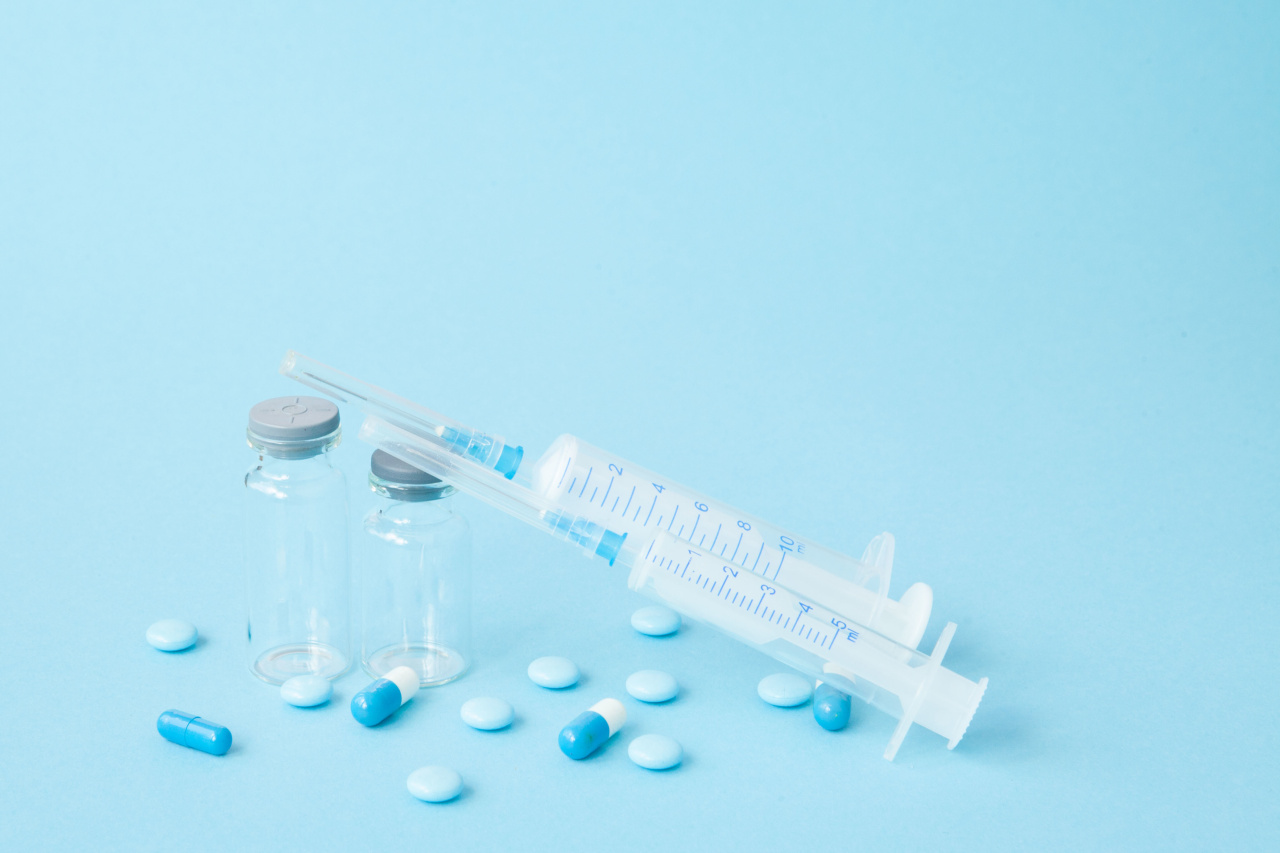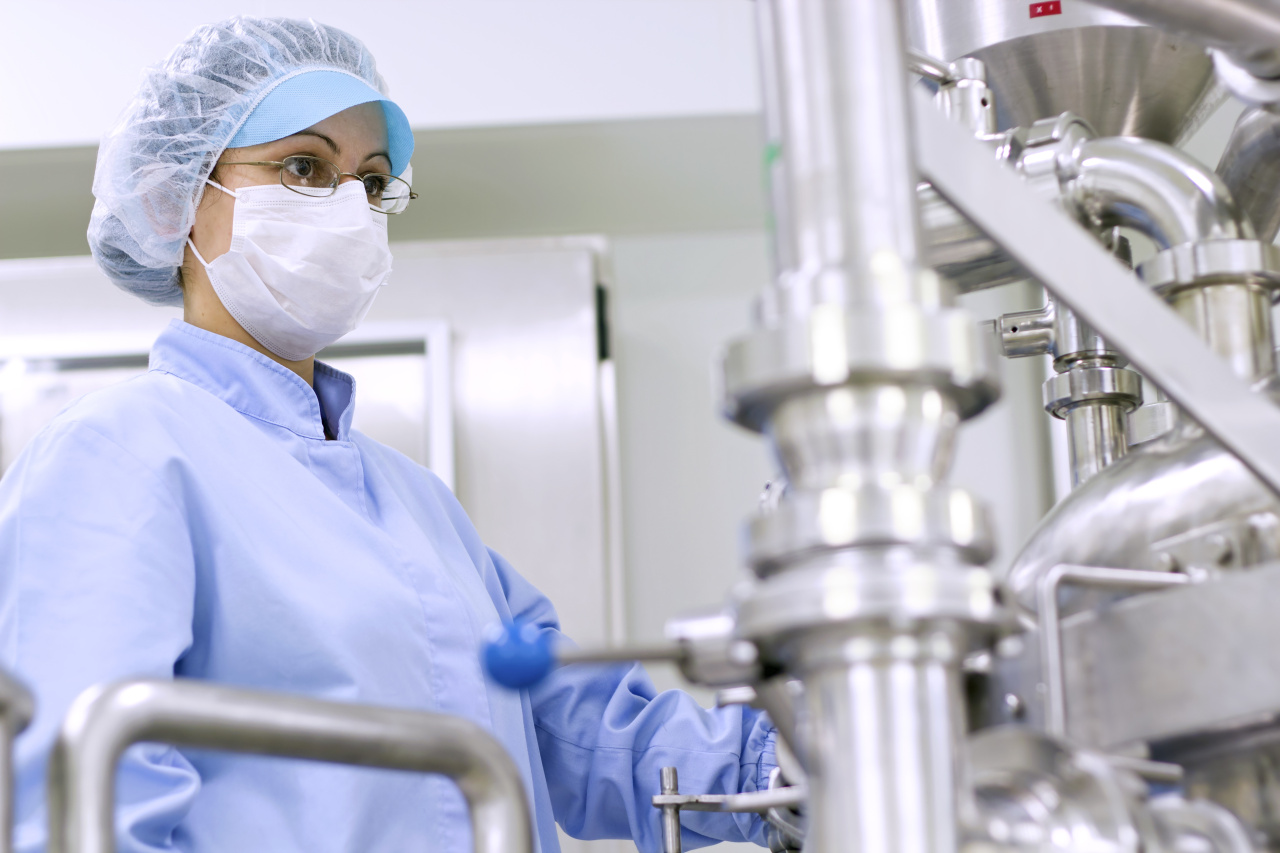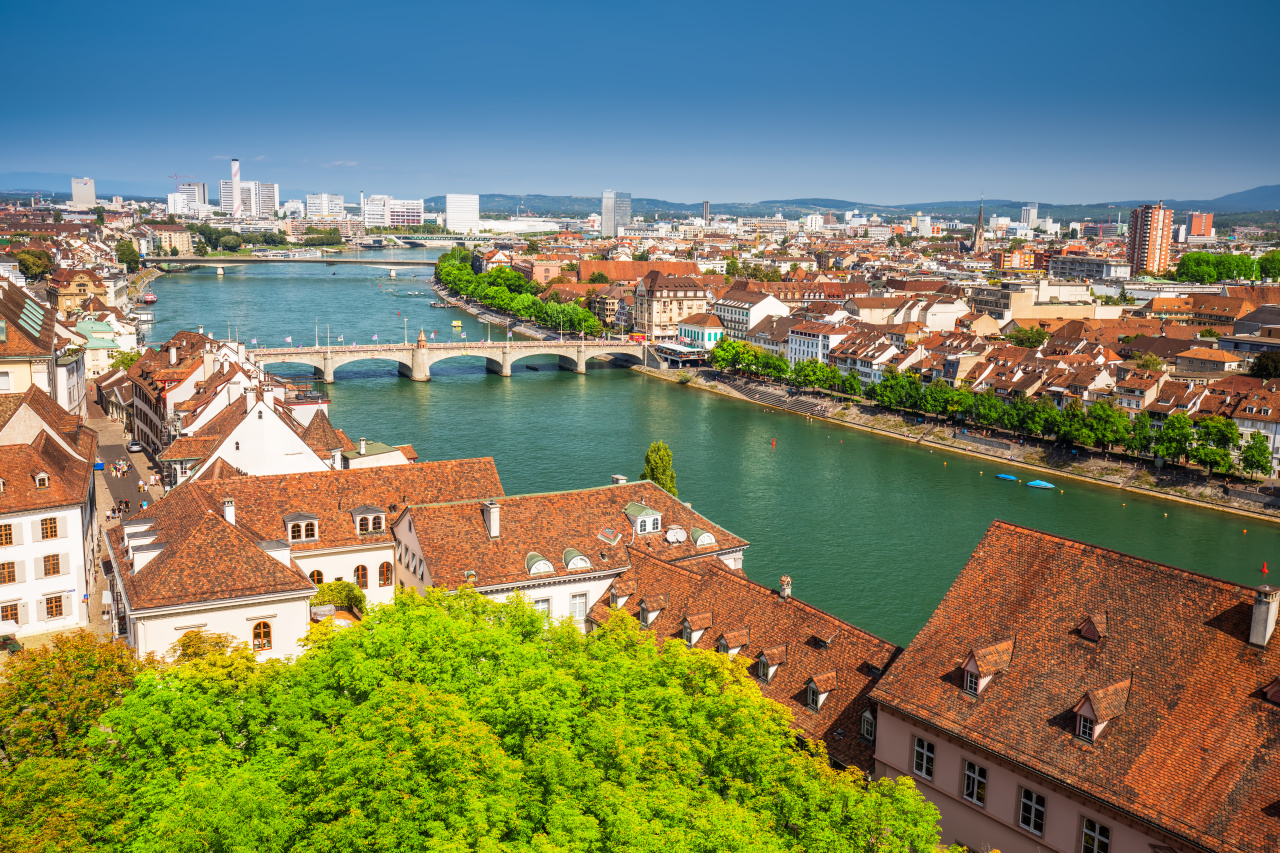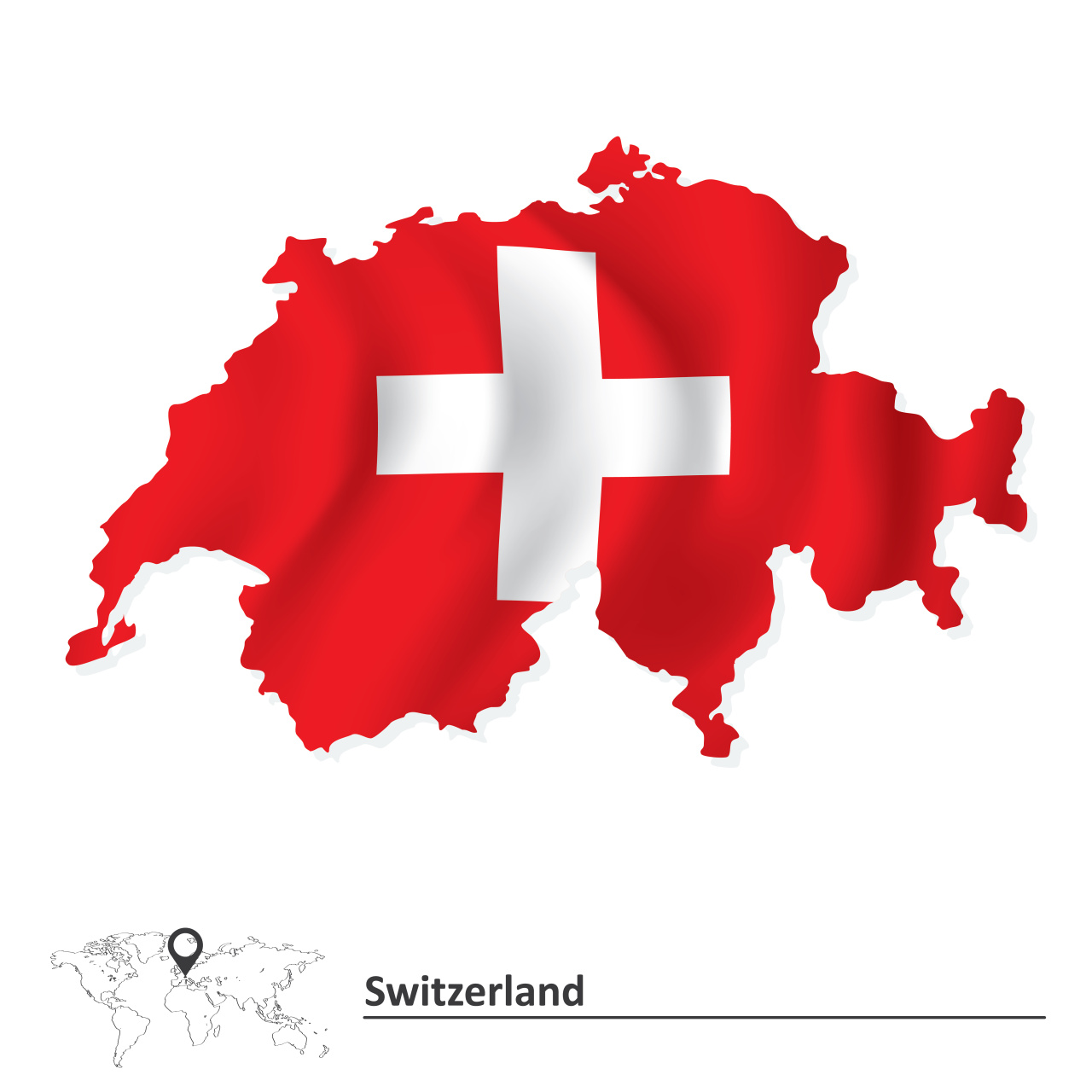
An increasing number of South Korean pharmaceutical companies are catching on to Switzerland’s potential as a portal to the wider European market.
Most Koreans know Switzerland for its chocolate, cheese, Army knives, watches and the Alps. But it is not these seemingly iconic items that are holding up the Swiss economy, whose gross domestic product per capita in 2019 ranked second only to Luxembourg in International Monetary Fund’s book — a ranking that demands appreciation given that the US ranked 8th and Korea 30th.
Most Koreans know Switzerland for its chocolate, cheese, Army knives, watches and the Alps. But it is not these seemingly iconic items that are holding up the Swiss economy, whose gross domestic product per capita in 2019 ranked second only to Luxembourg in International Monetary Fund’s book — a ranking that demands appreciation given that the US ranked 8th and Korea 30th.

“Switzerland wants to be known for what it excels in: scientific innovation,” an official at the Swiss Embassy in Korea told The Korea Herald.
Never once in the past decade has Switzerland passed up its top position in the United Nations Global Innovation Index rankings, evaluated and presented by the World Intellectual Property Organization, Cornell University and INSEAD every year since 2007.
Its five Switzerland Innovation Parks, comprising of Basel Area, Zurich, Lausanne, Villigen and Biel/Bienne, are each representative of a stream of next-generation science that the Swiss government robustly promotes.
Never once in the past decade has Switzerland passed up its top position in the United Nations Global Innovation Index rankings, evaluated and presented by the World Intellectual Property Organization, Cornell University and INSEAD every year since 2007.
Its five Switzerland Innovation Parks, comprising of Basel Area, Zurich, Lausanne, Villigen and Biel/Bienne, are each representative of a stream of next-generation science that the Swiss government robustly promotes.

Basel is where the famous Swiss big pharmas Roche and Novartis are headquartered. There are over 700 life science companies and 33,000 relevant experts that form a sprawling bio cluster in Basel. The annual research and development budget for the bio industry amounts to $21 billion in the Basel Area, according to Switzerland Global Enterprise. The other four Switzerland Innovation Parks focus on diverse range of innovations, such as robots in Lausanne, drones in Zurich, future energy and mobility in Villigen and 3D printing and smart manufacturing in Biel/Bienne.
Villigen is also where pharmaceutical ingredients are developed; Lausanne a hub of bioinformatics and immunology; and Biel/Bienne’s 3D printing park includes medical 3D printing.
“In Switzerland, biotech companies may experience an ecosystem of universities and research-based companies that accelerates the transformation of research results into marketable products and services,” said Roger Zbinden, head of Swiss Business Hub Korea.
“The biotech cluster in Switzerland nurtures talent, knowledge, expertise and venture capital to create new technology-driven solutions. World-leading biotech firms selected Switzerland as a strategic base camp not only for research and development, but also to get inroads in the European markets,” Zbinden said.
“Recently we are seeing increasing interest from Korean companies in entering Switzerland and would like to support these companies in joining our clusters. This will lead to products for the benefit of consumers and patients,“ he said.
Switzerland welcomes foreigners to start businesses in the country, taxes very little and provides a lot of support.
”Noul was picked as the first of the three companies sponsored by Fondation Botnar‘s DayOne Accelerator program. We won 70,000 francs ($76,569) and a place in the Basel Switzerland Innovation Park in 2019,“ said Choi Jae-hyeok, Chief Technology Officer of malaria and blood diagnostics company Noul and the President of Noul’s Switzerland Office.
A place at the Switzerland Innovation Park costs Noul a monthly rent of only 770 francs, which is a budget deal compared to other options in the city. Being in Switzerland, Noul has closer proximity to World Health Organization, Foundation for Innovative New Diagnostics and Swiss Tropical and Public Health Institute.
”Various startups are thrown in together at the Innovation Park. The Basel Innovation Park opens portals to collaborations with research institutions within University of Basel. Startups there naturally mingle, allowing for our smooth entry in to the Basel ecosystem,“ Choi said.
The working atmosphere in the Park is mutually supportive and there are systematic expert consultation services for business development, Choi said.
”Swiss firms are eager to collaborate with innovative Korean firms. They wish to jointly work and derive performance, and to that end they are proactive in helping out,“ said Choi.
CrystalGenomics is another case of Korean biotech catching the eyes of the Swiss investors.
In April, Korean biotech firm CrystalGenomics decided on a 3.7 billion won ($3.2 million) recapitalization. Newly issued stocks worth as much went to Switzerland‘s immuno-oncology biotech company Vaximm AG -- who is now an investor and a stakeholder in the Korean company.
The proceeds will be used for joint research and development of CrystalGenomics’ tumor-fighting novel drug candidate ivaltinostat. Now that Vaximm is onboard, success of ivaltinostat has become a common goal for the two.
”There is research information in Europe that we cannot access sitting here in Korea,“ said a CrystalGenomics official, ”But with Vaximm, we have that communication channel. This is valuable partnership, especially because by having ties with Switzerland opens doors to the rest of Europe,“ the official said.
Villigen is also where pharmaceutical ingredients are developed; Lausanne a hub of bioinformatics and immunology; and Biel/Bienne’s 3D printing park includes medical 3D printing.
“In Switzerland, biotech companies may experience an ecosystem of universities and research-based companies that accelerates the transformation of research results into marketable products and services,” said Roger Zbinden, head of Swiss Business Hub Korea.
“The biotech cluster in Switzerland nurtures talent, knowledge, expertise and venture capital to create new technology-driven solutions. World-leading biotech firms selected Switzerland as a strategic base camp not only for research and development, but also to get inroads in the European markets,” Zbinden said.
“Recently we are seeing increasing interest from Korean companies in entering Switzerland and would like to support these companies in joining our clusters. This will lead to products for the benefit of consumers and patients,“ he said.
Switzerland welcomes foreigners to start businesses in the country, taxes very little and provides a lot of support.
”Noul was picked as the first of the three companies sponsored by Fondation Botnar‘s DayOne Accelerator program. We won 70,000 francs ($76,569) and a place in the Basel Switzerland Innovation Park in 2019,“ said Choi Jae-hyeok, Chief Technology Officer of malaria and blood diagnostics company Noul and the President of Noul’s Switzerland Office.
A place at the Switzerland Innovation Park costs Noul a monthly rent of only 770 francs, which is a budget deal compared to other options in the city. Being in Switzerland, Noul has closer proximity to World Health Organization, Foundation for Innovative New Diagnostics and Swiss Tropical and Public Health Institute.
”Various startups are thrown in together at the Innovation Park. The Basel Innovation Park opens portals to collaborations with research institutions within University of Basel. Startups there naturally mingle, allowing for our smooth entry in to the Basel ecosystem,“ Choi said.
The working atmosphere in the Park is mutually supportive and there are systematic expert consultation services for business development, Choi said.
”Swiss firms are eager to collaborate with innovative Korean firms. They wish to jointly work and derive performance, and to that end they are proactive in helping out,“ said Choi.
CrystalGenomics is another case of Korean biotech catching the eyes of the Swiss investors.
In April, Korean biotech firm CrystalGenomics decided on a 3.7 billion won ($3.2 million) recapitalization. Newly issued stocks worth as much went to Switzerland‘s immuno-oncology biotech company Vaximm AG -- who is now an investor and a stakeholder in the Korean company.
The proceeds will be used for joint research and development of CrystalGenomics’ tumor-fighting novel drug candidate ivaltinostat. Now that Vaximm is onboard, success of ivaltinostat has become a common goal for the two.
”There is research information in Europe that we cannot access sitting here in Korea,“ said a CrystalGenomics official, ”But with Vaximm, we have that communication channel. This is valuable partnership, especially because by having ties with Switzerland opens doors to the rest of Europe,“ the official said.

Switzerland has four official languages: German, Italian, French and Romansh. The country teems with people from all parts of Europe who understand how matters are done in their respective home countries. Hence, penetrating Switzerland becomes a shortcut to the continent.
There are also Korean companies who invest in Swiss technology.
GCMS, a diagnostics subsidiary of Green Cross Corporation, has invested an unspecified sum in Swiss‘ Hemotune, a magnetic blood purification biotechnology firm.
”There are numerous bioventures in Switzerland that are proficient and promising. Hemotune’s research is still only in clinical phase 1 trials -- and an early stage investment like this preemptively creates a bridge for open innovation,“ said a GC official to The Korea Herald.
GCMS‘ CEO Ahn Eun-uk especially led the investment. Ahn has deep understanding of Switzerland, having lived his formative teenage years in the country, as well as earning his doctoral degree from University of St. Gallen and landing his first job in Switzerland.
Formerly the CEO of Roche Diagnostics Korea, Ahn has combined his knowledge of biology and Switzerland to make strategic business decisions.
In another notable case, in 2020, Korea’s Bridge Biotherapeutics has won a prestigious position as a partner of the BaseLaunch accelerator who identifies and fosters early stage novel pharmaceutical agents. Within BaseLaunch accelerator, Bridgebio Therapeutics is placed shoulder to shoulder with globally established bio companies Roche and Roivant in reviewing innovative molecules coming out from Swiss.
Competitive income tax rates, political stability and favorable living conditions in the country are also commonly picked as reasons to head there, according to Switzerland Global Enterprise.
After Luxembourg and Ireland, Switzerland has some of the fewest taxes for businesses in the world, according to PricewaterhouseCoopers in 2020.
Switzerland levies tax on cantonal, municipal and federal levels - whose combined effective income taxes for properly taxed companies in 2020 are between 11.9 percent and 21.6 percent, depending on the region the business is located in. This is a great advantage over other nations: the US levies close to 40 percent of profit in income tax, Germany around 50 percent and France over 60 percent.
By Lim Jeong-yeo (kaylalim@heraldcorp.com)
There are also Korean companies who invest in Swiss technology.
GCMS, a diagnostics subsidiary of Green Cross Corporation, has invested an unspecified sum in Swiss‘ Hemotune, a magnetic blood purification biotechnology firm.
”There are numerous bioventures in Switzerland that are proficient and promising. Hemotune’s research is still only in clinical phase 1 trials -- and an early stage investment like this preemptively creates a bridge for open innovation,“ said a GC official to The Korea Herald.
GCMS‘ CEO Ahn Eun-uk especially led the investment. Ahn has deep understanding of Switzerland, having lived his formative teenage years in the country, as well as earning his doctoral degree from University of St. Gallen and landing his first job in Switzerland.
Formerly the CEO of Roche Diagnostics Korea, Ahn has combined his knowledge of biology and Switzerland to make strategic business decisions.
In another notable case, in 2020, Korea’s Bridge Biotherapeutics has won a prestigious position as a partner of the BaseLaunch accelerator who identifies and fosters early stage novel pharmaceutical agents. Within BaseLaunch accelerator, Bridgebio Therapeutics is placed shoulder to shoulder with globally established bio companies Roche and Roivant in reviewing innovative molecules coming out from Swiss.
Competitive income tax rates, political stability and favorable living conditions in the country are also commonly picked as reasons to head there, according to Switzerland Global Enterprise.
After Luxembourg and Ireland, Switzerland has some of the fewest taxes for businesses in the world, according to PricewaterhouseCoopers in 2020.
Switzerland levies tax on cantonal, municipal and federal levels - whose combined effective income taxes for properly taxed companies in 2020 are between 11.9 percent and 21.6 percent, depending on the region the business is located in. This is a great advantage over other nations: the US levies close to 40 percent of profit in income tax, Germany around 50 percent and France over 60 percent.
By Lim Jeong-yeo (kaylalim@heraldcorp.com)









![[Kim Seong-kon] Democracy and the future of South Korea](http://res.heraldm.com/phpwas/restmb_idxmake.php?idx=644&simg=/content/image/2024/04/16/20240416050802_0.jpg&u=)









![[Today’s K-pop] Zico drops snippet of collaboration with Jennie](http://res.heraldm.com/phpwas/restmb_idxmake.php?idx=642&simg=/content/image/2024/04/18/20240418050702_0.jpg&u=)